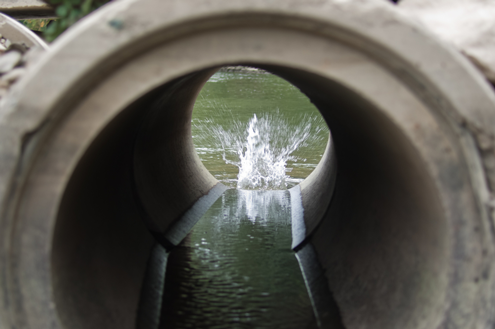Science depends on measurements that are reliable, defensible, and fit for their intended use. Data of known quality are required in both policy-making and litigation arenas. Our team has broad expertise in evaluating the impact of the entire measurement process, from planning and sample collection, to sample analysis, data validation, and data management. In addition, we are adept at evaluating how changes in sampling and analytical practices effect historical data reliability. Gradient’s scientists have direct experience in state-of-the-art chemical testing and sampling methodologies, and we frequently design and oversee data collection efforts addressing issues of liability, cost allocation, product safety, remedy selection, and data admissibility. Our expertise covers a broad range of chemical constituents and sample types.
Publications:
Wait, AD; Tuit, CB; Maney, JP. 2020. “Forensic sampling practices for oil spills in the marine environment.” Environ. Forensics 21(3-4):310-318. doi: 10.1080/15275922.2020.1806949.
Wait, AD; Reid, KR; Occhialini, J; Todaro, J. 2010. “Time travel, fabrication, manipulation, and spoliation – Threats to data quality.” Environ. Claims J. 22:171-183.
Tuit, CB; Wait, AD. 2020. “A review of marine sediment sampling methods.” Environ. Forensics 21(3-4):291-309.

1,2,3-Trichloropropane Method Assessment
For a water system cost recovery case, Gradient evaluated the history of organic analytical test method development for drinking water over the past 50 years, focusing on the analysis of 1,2,3-trichloropropane (1,2,3-TCP). We identified key technological improvements that improved method accuracy, precision, and sensitivity. We reviewed state and federal regulatory drinking water methods and reporting limits. Our opinions addressed when 1,2,3-TCP could be reliably analyzed in drinking water at levels consistent with state and federal health-based criteria.
Evaluation of Laboratory Operations at Water and Wastewater Treatment Plants
Gradient performed a data gap analysis, data quality review, and laboratory assessment of a contract laboratory running the operations for a municipal water treatment plant and wastewater treatment plant in support of litigation. We compared state and federal regulations to laboratory practices at the plants, and identified issues with data quality, sampling practices, sampling methodologies and analyses, accreditation, record-keeping, and non-compliance. Our evaluation and opinions will be presented in expert testimony to address whether the contract laboratory was at fault for fraud, neglect, and breach of contract with respect to the standard of care.
Large-Scale Data Quality Assessment
Following an oil spill and subsequent data generation, Gradient performed a large-scale data quality assessment. We evaluated sampling methodologies, analytical chemistry, toxicology, and other data to determine its quality, reliability, and usability. We addressed the degree to which available data were obtained, handled, and analyzed properly, as well as the appropriate uses of the data.
Quality Control of Polychlorinated Biphenyl (PCB) Analyses of Paint Waste
Gradient evaluated polychlorinated biphenyl (PCB) analyses with regards to quality assurance and quality control (QA/QC) concerns in a litigation case. We assessed the reliability of data generated by an on-site, mobile laboratory in the late 1980s, attempting to identify Aroclors and determine PCB concentrations in drummed wastes. We evaluated the analytical methods, as implemented, based on the elements required to produce a defensible dataset.
Per- and Polyfluoroalkyl Substances (PFAS) Analytical Chemistry
Gradient evaluated the history of analytical method development for the analysis of per- and polyfluoroalkyl substances (PFAS) in environmental and biological matrices to define the data quality standards relevant for different analytical methods, matrices, and time periods. We developed a timeline that traces the increases in measurement precision, accuracy, and sensitivity. The timeline also incorporated additional PFAS analytes, from the initial analyses of total organic fluorine in blood serum, to the latest promulgated methods in drinking water, soil, and other matrices.